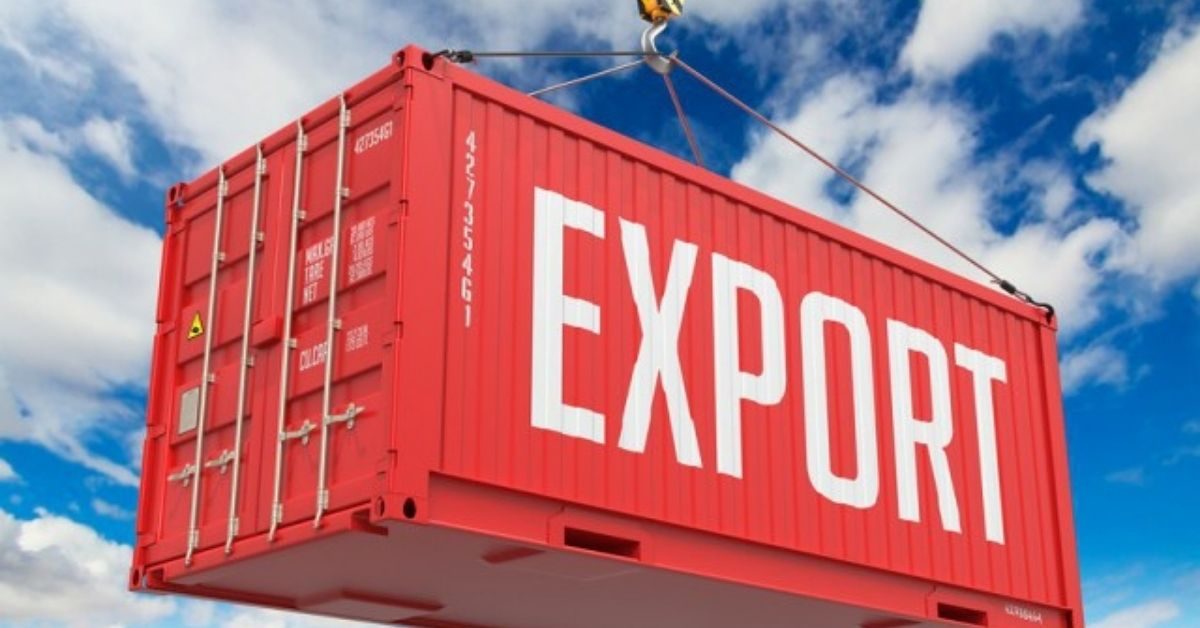Bangladesh needs to prepare to grab a bigger slice of the European Union’s export market as China may lose 8 to 10 per cent of its share within the next few years due to global geopolitical changes, an economist said yesterday.
As such, Bangladesh should comply with the EU’s new Generalised System of Preferences (GSP), which requires improving human rights, labour rights and protecting the environment, in order to avail the facility, according to MA Razzaque, research director of the Policy Research Institute.
For instance, 25 per cent of the companies in Germany prefer to follow the Environment, Social and Governance criteria in sourcing goods from other countries, Razzaque said.
Currently, Germany is the largest export destination of Bangladesh in the EU and the second-largest overall after the US.
Trade tension between the US and China has triggered changes in the global geopolitical scenario and some countries like Bangladesh have been enjoying the benefit as work orders are shifting from China, the world’s largest apparel exporter, to other countries.
Non-garment sectors should also be more compliant to grab more of the EU market under the new GSP regime, which will come into force from 2024 and continue until 2034, Razzaque added.
Razzaque was speaking at a virtual discussion, styled “Towards a Transformed and Revitalised Trade and Economic Partnership with the EU”, jointly organised by Friedrich Ebert Stiftung, and the Research and Policy Integration for Development.
Researchers, university professors, analysts, economists, trade body leaders, government high-ups and experts participated in the discussion.
Senior Commerce Secretary Tapan Kanti Ghosh said Bangladesh has already been enjoying the benefits of global geopolitical changes as the country is receiving more work orders, particularly in the garment sector.
For instance, Bangladesh’s exports to the US crossed $10 billion for the first time in the last fiscal year, when the industry registered 60 per cent growth, Ghosh said.
While Bangladesh’s exports to the US are growing, the shipment of goods from other countries to the same market is showing a negative trend, he added.
Bangladesh has been negotiating with the EU for an extension of the trade benefits offered by the GSP facility as the country was severely affected by the fallouts of Covid-19.
Alongside Bangladesh, other least-developed countries (LDC) asked for an extension of the zero-tariff trade benefit for six more years during the 12th WTO Ministerial Conference in Geneva in June this year.
It is expected that developed and developing countries will grant at least a three-year extension of the trade benefit for graduating LDCs at the next WTO Ministerial Conference to be held next year.
“So, if the three-year extension is granted, Bangladesh may enjoy the zero-duty benefit to the EU up to 2031 or 2032, by when the country aspires to be a higher middle-income nation,” Ghosh said.
If the country becomes a higher middle-income country, it will need to sign free trade agreements (FTA) with the EU as decision-makers of major trade blocs have recently hinted for these kinds of deals, he added.
Currently, seven sub-committees under the Prime Minister’s Office are working to prepare the country for its graduation from an LDC by 2026.
While moderating the discussion, Mustafizur Rahman, a distinguished fellow of the Centre for Policy Dialogue, said the EU is an enlightened partner of Bangladesh that has been supporting the country ever since it gained independence.
In different negotiations such as those under the World Trade Organisation and other platforms, the EU always stands beside Bangladesh.
The EU has long been demanding improvements in issues like child labour, labour rights, human rights and protecting the environment, which are also necessary for Bangladesh’s vision.
“So, the EU-Bangladesh relations should look beyond trade and investment,” he said.
Delwar Hossain, a professor of international relations at the University of Dhaka, said Bangladesh needs to maintain its current growth momentum.
Bangladesh needs to take preparation not only for LDC graduation but also for policy reforms, said Mostofa Abid Khan, a former member of the Bangladesh Trade and Tariff Commission. Amena Mohsin, another professor of international relations at the University of Dhaka, said Bangladesh needs to sharpen its negotiation skills considering the changing geopolitical and geostrategic relations worldwide.






